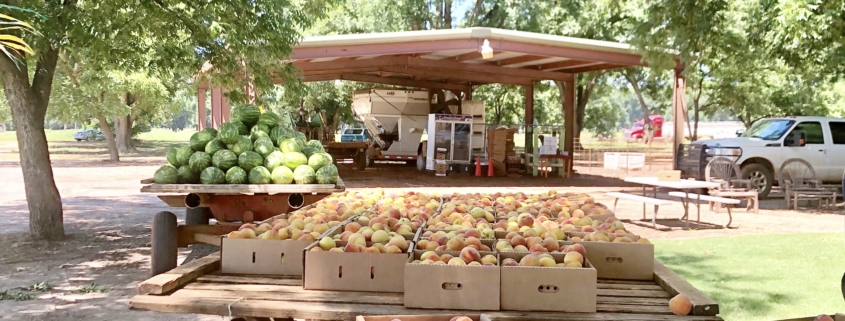Should I Buy Organic?
There’s a few things to know about organic vs. conventional (inorganic) produce.
One thing that many grocery shoppers stress over is “Should I buy organic? Do I really need to spend the extra money?” The answer to that question depends on multiple factors.
First, we need to get to the root of what is organic vs. conventional. What makes organic food so special? What makes it different from inorganic food? There aren’t that many differences, really, it’s all in the way the food is grown. Organic food is usually grown with as little human interference as possible. This means no genetic modifications (GMOs) and no heavy pesticides. And oftentimes, it’s grown more locally.
However, your produce drawer in the fridge doesn’t have to be all organic, either. Some foods, like bananas and avocados are okay if bought conventional. This is because their thick, tough skin protects the fruit’s ‘meat’ inside. Among other fruits and vegetables that don’t need to be bought organic are pineapple, cabbage, onions, papaya, and asparagus, just to name a few. All these foods are exceptions to the “buy organic” rule for different reasons. Some are similar to avocados and have a thick skin. While others just aren’t attractive to pests, such as onions and asparagus.
On the other end of the spectrum, though, is what’s known as the “Dirty Dozen”. These twelve fruits and veggies, when bought inorganic, are sprayed with an absurd amount of pesticides. So, in order to get the best produce for you and your family, these foods are worth spending the extra money. The list consists of mostly fruits.
The Dirty Dozen:
- Strawberries
- Spinach
- Kale
- Nectarines
- Apples
- Grapes
- Peaches
- Cherries
- Pears
- Tomatoes
- Celery
- Can you guess the last one?
Yep, hot peppers! A recent study found trace amounts of highly toxic pesticides in around three-quarters of hot peppers. Who knew?
To wrap things up, organic produce isn’t necessary for all items, but should be for the list above. For foods that aren’t on the Dirty Dozen, it’s up to you whether to buy organic or not. Organic foods are usually a bit more expensive, so keep your budget in mind.
In the end, it’s all about being conscious of where the food you’re eating comes from. Clean, locally sourced (if possible), whole foods are best.
Be Well.





